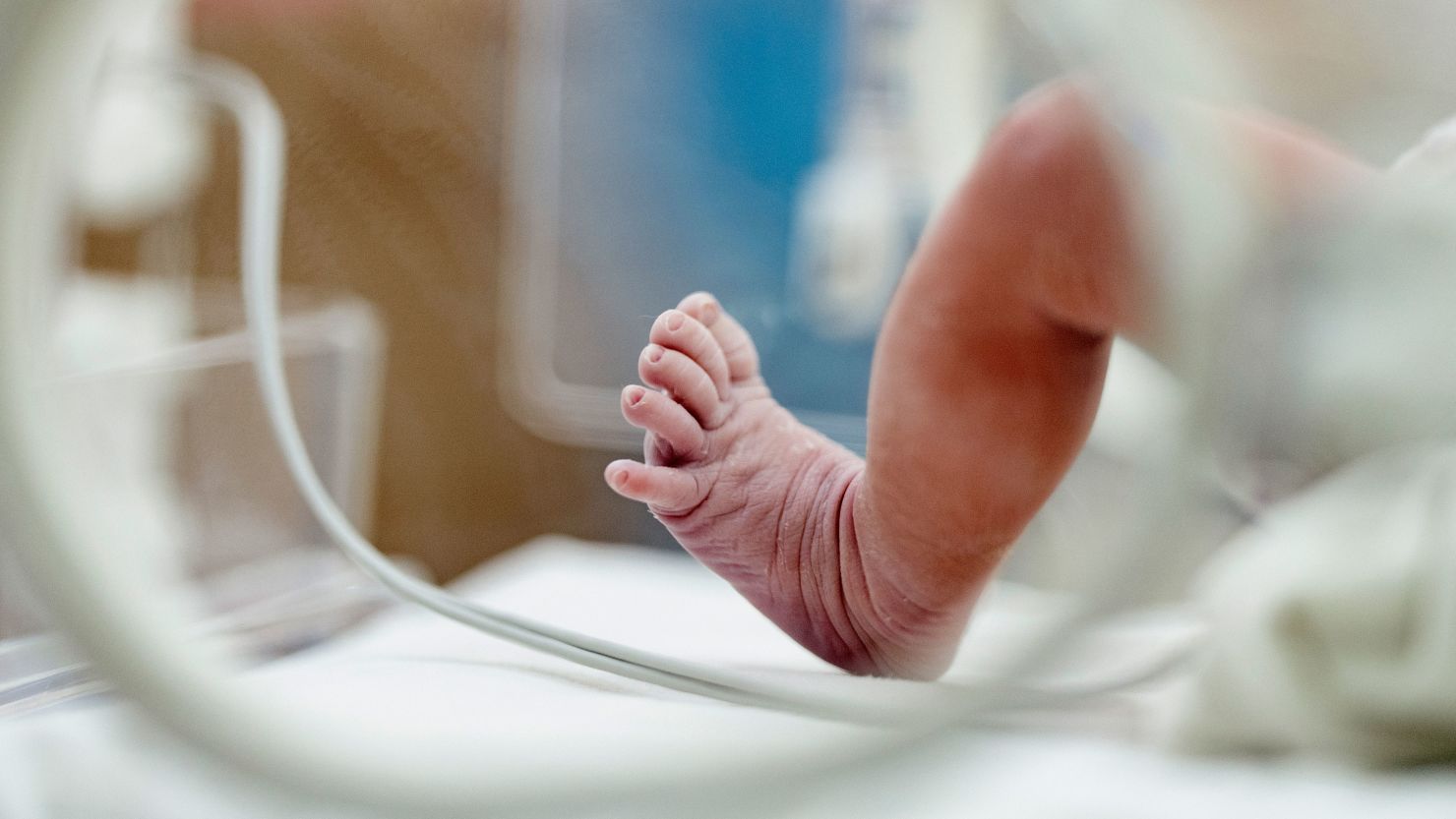In recent times, there has been an increasing body of evidence connecting stress and illness. Of particular note, psychological stress during pregnancy has been linked to low birth weight, preterm birth, and pregnancy loss. Scientists still don’t know what causes these correlations, though.
According to a recent University of Georgia study, there is a correlation between stressful life events and higher oxidative stress levels. Studies have suggested that oxidative stress is a risk factor for diabetes, cancer, and cardiovascular disease. More recently, studies have linked oxidative stress to preterm deliveries. Lead author Stephanie Eick, a doctorate candidate at UGA’s College of Public Health, stated that “women who deliver preterm have higher oxidative stress levels relative to women who deliver at term.”
Additionally, a growing corpus of research indicates that women who are not pregnant but suffer from anxiety, depression, or extremely stressful life events also have elevated levels of oxidative stress. We proposed the theory that stress may act as a mediation factor and that psychosocial stress may affect preterm births by causing oxidative stress.
More than 700 expectant mothers who were enrolled in prenatal care clinics at universities participated in the study. A questionnaire intended to assess the women’s psychosocial status throughout pregnancy and any exposure to stressful life events—like an unexpected job loss or a family member’s death—was given to them.
Additionally, the women’s levels of 8-iso-prostaglandin-F2α, a typical biomarker of oxidative stress, were measured by the researchers using urine samples. The results showed that the strongest correlation with increased levels of oxidative stress was found in situations involving stress from despair, anxiety, or a death in the family.
According to Eick, the study highlights how important it is to screen for stress during standard prenatal care. “It’s critical to have a deeper understanding of a woman’s overall health, and mental health should be taken into account during every stage of pregnancy,” the speaker stated. “More women can give birth later and with healthier babies if we can address mental health in the early stages of pregnancy.

